Why Clean Water Matters for Your Health
The significance of clean water extends far beyond simple hydration; it’s integral to our overall health and well-being. Here’s why:
- Immediate Health Impacts: Consuming or coming into contact with contaminated water can lead to acute health issues. Gastrointestinal illnesses, such as nausea, vomiting, and diarrhea, are common outcomes of ingesting water contaminated with pathogens like E. coli or Giardia. Skin, eye, and respiratory infections can also result from exposure to contaminated water, affecting individuals’ daily lives and productivity.
- Long-term Health Risks: The dangers of prolonged exposure to certain chemical and radiological contaminants in water are profound. Heavy metals like lead and mercury can accumulate in the body over time, leading to serious health conditions, including kidney damage, neurological disorders, and developmental issues in children. Some chemicals found in water, such as certain pesticides and industrial pollutants, have been linked to cancer, reproductive problems, and endocrine disruption.
- Vulnerable Populations: The impact of contaminated water is not evenly distributed across all segments of the population. Children, pregnant women, the elderly, and individuals with compromised immune systems face heightened risks from waterborne contaminants. For these groups, clean water is not just a matter of convenience but a critical need for health and safety.
Solutions for Ensuring Clean Water
To mitigate the risks associated with water contaminants, individuals and communities can employ several strategies:
At-home Filtration Systems: Installing water filters or purifiers at home can significantly reduce the presence of many contaminants. From simple pitcher filters to more sophisticated reverse osmosis systems, various options can cater to different needs and levels of water quality concerns.
Regular Water Testing: Knowing what’s in your water is the first step toward addressing any issues. Homeowners, especially those using well water, should have their water tested regularly by certified laboratories to detect the presence of contaminants and take appropriate action.

Water Delivery Services as a Solution
Water delivery services have become an integral part of both home and office environments, offering a convenient and reliable solution for accessing clean, safe drinking water. As concerns over water quality and the environmental impact of bottled water grow, these services are evolving to meet consumer demands for sustainability, variety, and flexibility. Let’s explore the nuanced benefits, options, and considerations when choosing a water delivery service.
Benefits of Water Delivery Services
Guaranteed Quality: One of the primary advantages of water delivery services is the assurance of quality. Providers often source their water from pristine springs or utilize advanced filtration processes to ensure the water is free from contaminants and safe for consumption. This peace of mind is invaluable, particularly in areas where tap water quality may be compromised.
Convenience: The convenience of having water delivered directly to your doorstep cannot be overstated. It eliminates the need for regular trips to the store to purchase heavy water jugs or the hassle of managing a home filtration system. For businesses, it ensures a continuous supply of water for employees without the logistical challenges of stocking and storing large quantities of water.
Customization and Variety: Water delivery services offer a range of products to suit diverse preferences and needs. From spring, distilled, and purified waters to flavored and mineral-infused options, consumers can customize their orders based on taste, health considerations, or specific dietary requirements. Furthermore, services often provide various package sizes and dispensing options, from individual bottles to larger jugs for water coolers.
Environmental Responsibility: Recognizing the environmental concerns associated with plastic waste, many water delivery services are taking steps to minimize their ecological footprint. This includes using recyclable or reusable containers, offering bottle exchange programs, and implementing sustainable water sourcing practices. By choosing a service that prioritizes eco-friendly practices, consumers can enjoy the benefits of delivered water with a reduced environmental impact.

Choosing the Right Water Delivery Service
When selecting a water delivery service, several factors should be considered to ensure it aligns with your needs, values, and budget:
Water Quality and Source: Research the source and purification process used by the delivery service. Look for services that provide detailed information about their water quality testing and certifications to ensure safety and purity.
Sustainability Practices: Evaluate the environmental practices of the delivery service. Consider companies that use eco-friendly packaging, participate in recycling programs, or support water conservation initiatives.
Service Flexibility: The best water delivery services offer flexible delivery schedules, customizable orders, and responsive customer service. Look for providers that can accommodate changes in your water needs, whether it’s adjusting the delivery frequency or modifying your order.
Cost: Compare pricing plans among different services, keeping in mind that the cheapest option may not always provide the best value. Consider the quality of the water, the range of services offered, and the company’s environmental practices when assessing the cost of water delivery services.
Customer Reviews and Reputation: Before committing to a service, read customer reviews and research the company’s reputation. Feedback from other users can provide valuable insights into the reliability, customer service, and overall satisfaction with the water delivery service.

The Role of Technology in Water Delivery Services
Technology plays a crucial role in enhancing the efficiency and customer experience of water delivery services. Many companies now offer online ordering platforms, allowing customers to easily place, modify, and track their orders. Mobile apps can provide notifications on delivery status, reminders to place new orders, and options to communicate directly with customer service. As technology advances, we can expect even more innovative features that make water delivery services more accessible, customizable, and user-friendly.
Water delivery services offer a seamless solution to ensure access to clean, high-quality drinking water for homes and offices alike. By understanding the benefits, options, and considerations involved in choosing a service, consumers can make informed decisions that align with their health, environmental, and lifestyle needs. As the demand for these services continues to grow, the industry’s commitment to quality, sustainability, and customer satisfaction will remain paramount, ensuring that everyone can enjoy the essential resource of clean water with ease and confidence.
Clean water is fundamental to our health, affecting everything from daily well-being to long-term health outcomes. In the face of challenges posed by water contaminants, individuals and communities must take proactive steps to ensure their water is safe. Solutions like at-home filtration, regular testing, and water delivery services play a crucial role in achieving this goal. By embracing these strategies, we can safeguard our health and enjoy the life-sustaining benefits of clean water.

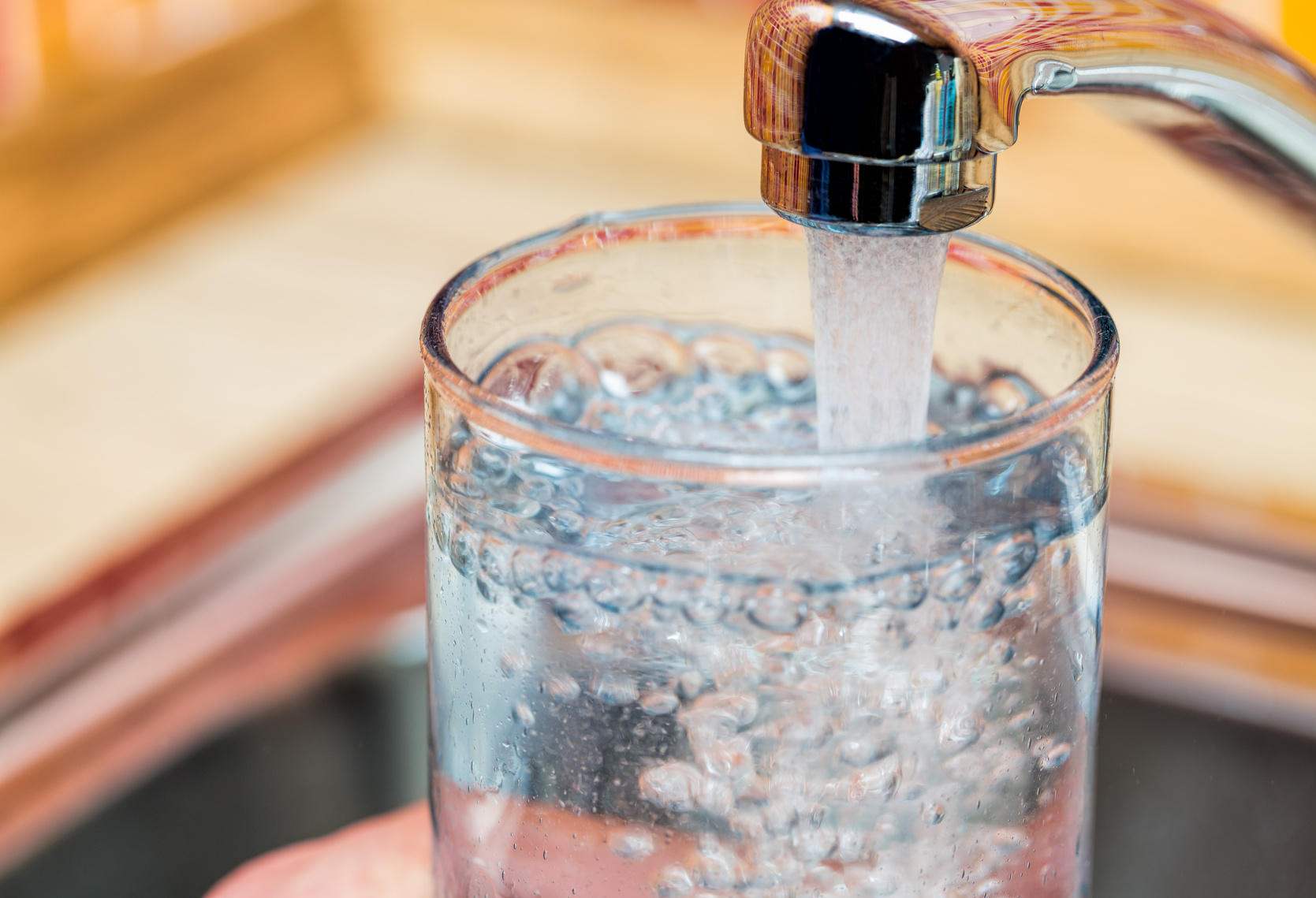
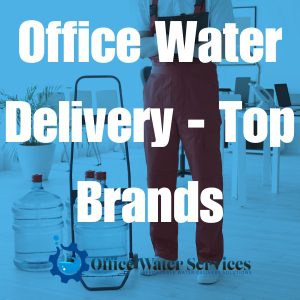
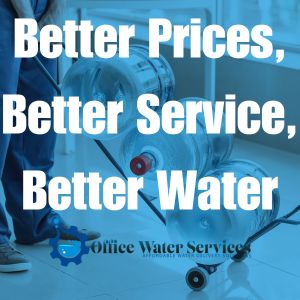
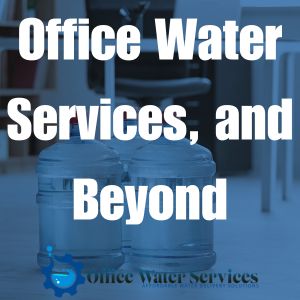
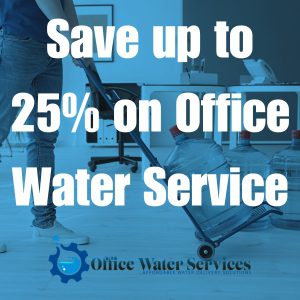

Leave a Reply